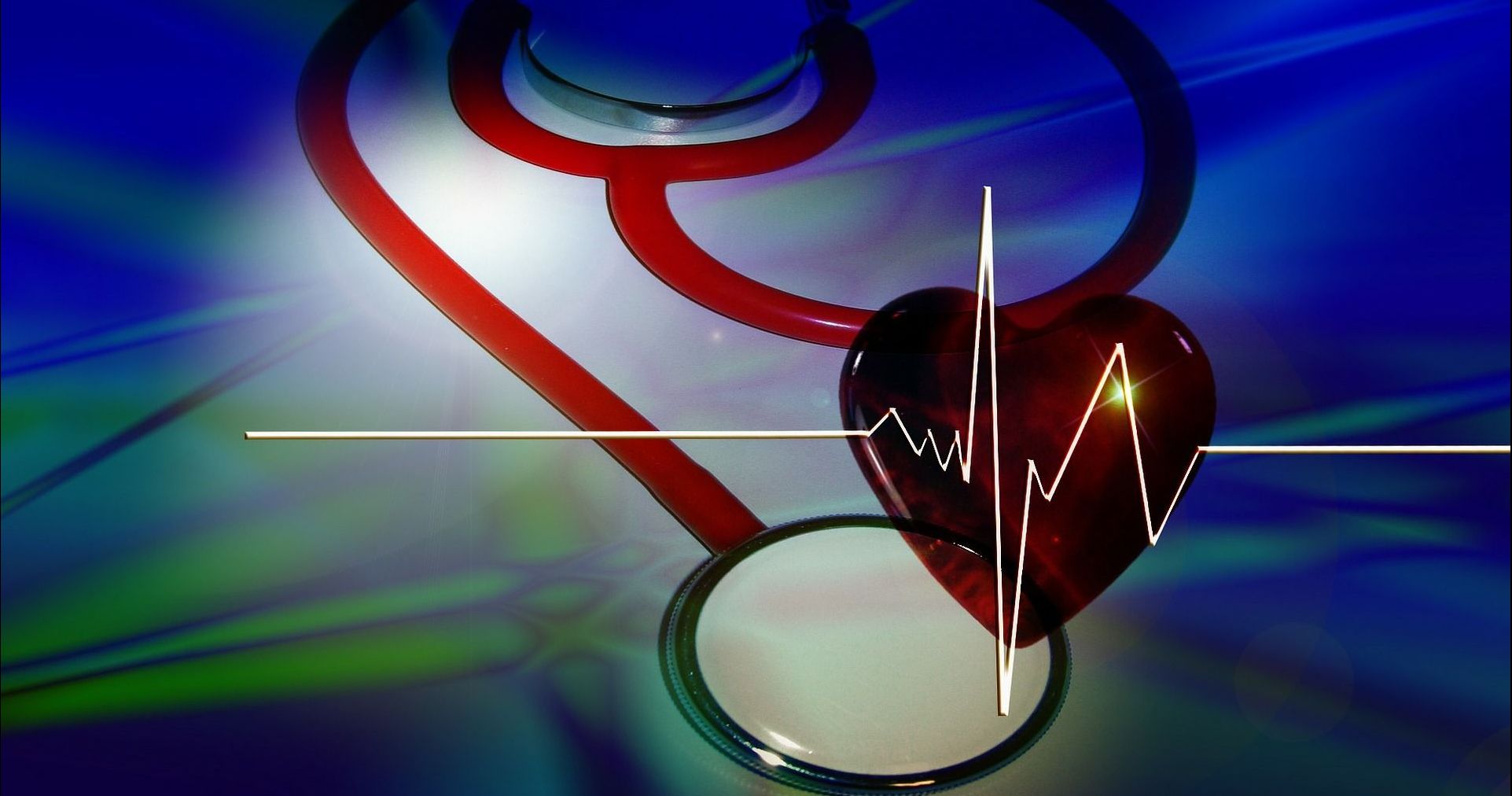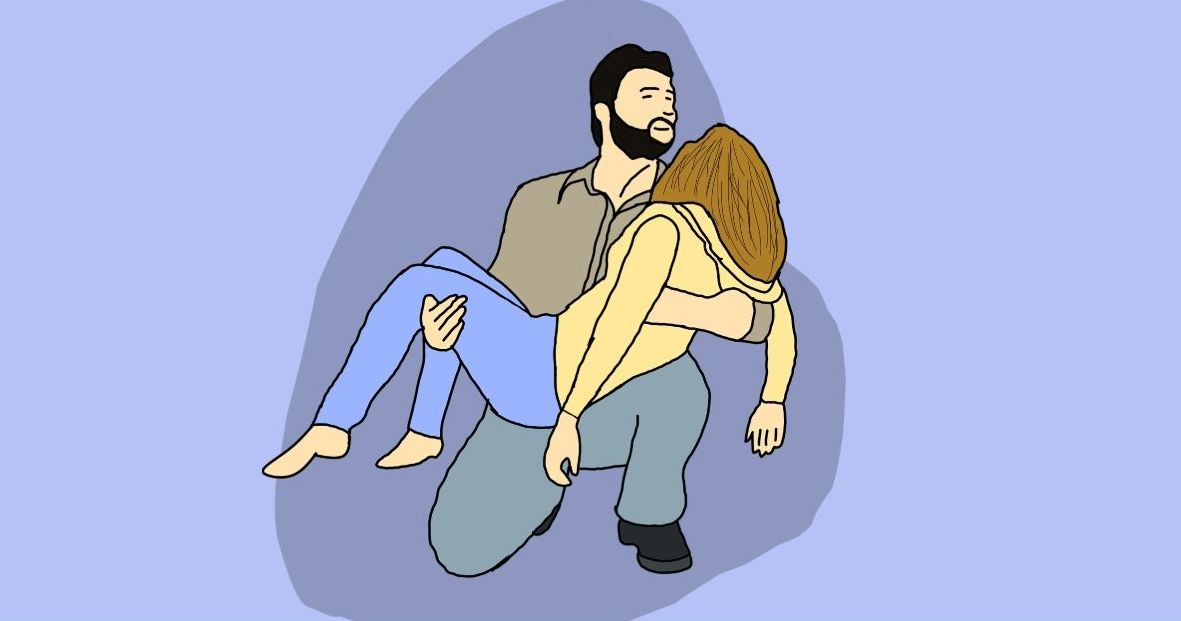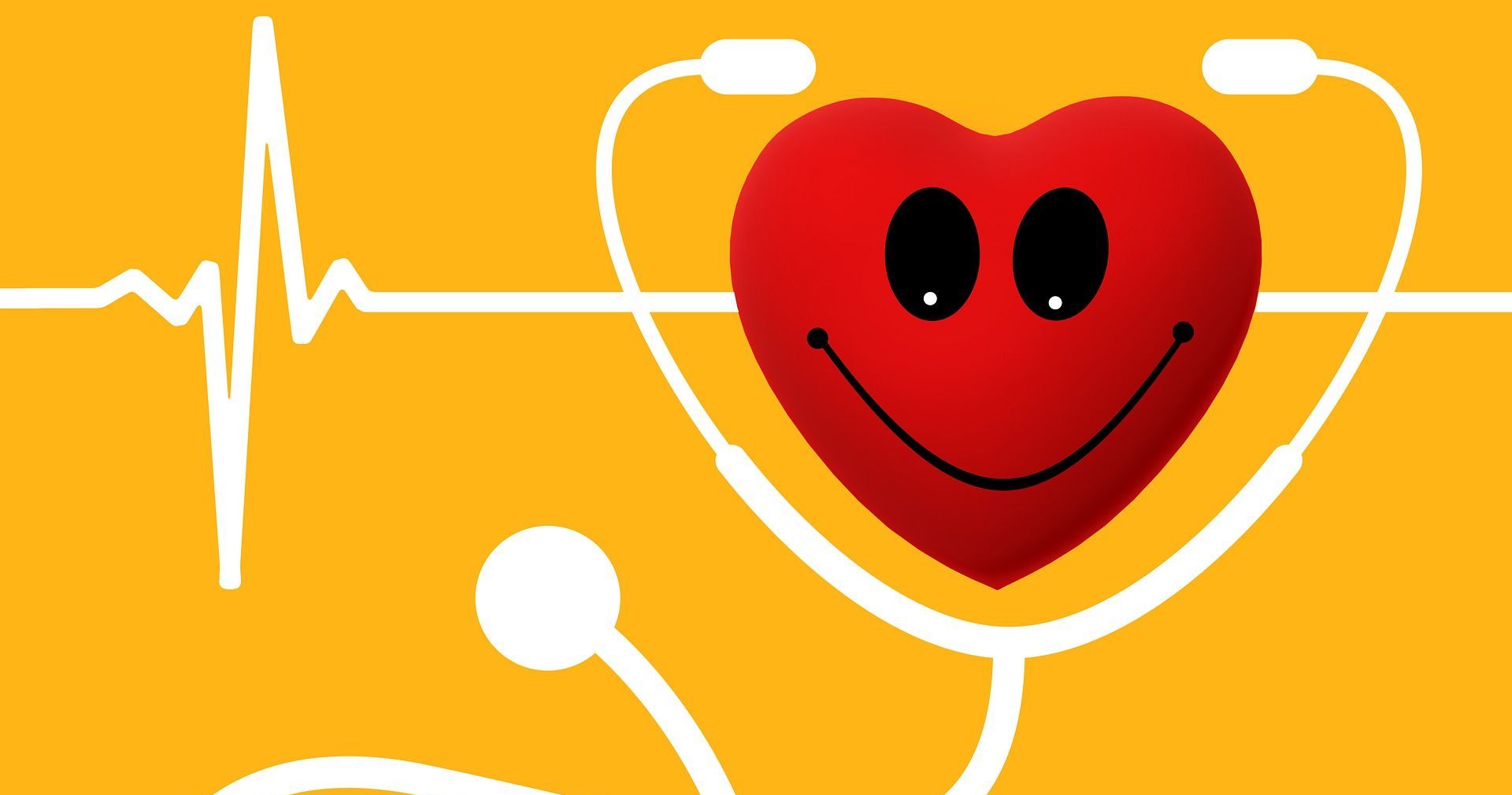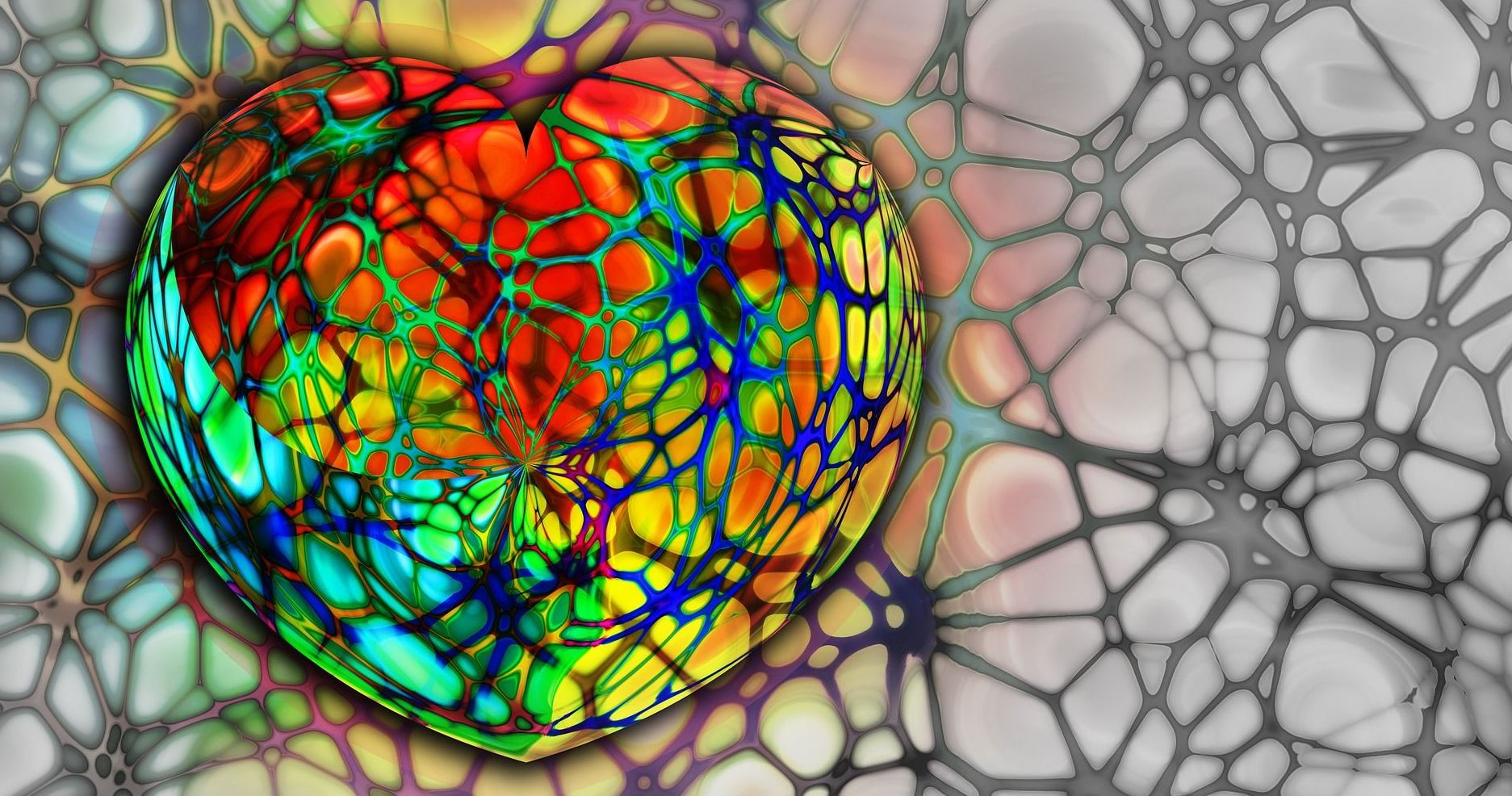In the United States, stroke is the fourth-leading cause of death among women, and is also a leading cause of severe, long-term disability.
Most people know about the acronym F.A.S.T., which stands for the following:
- F: Face-drooping, ask the person to smile. Does one side of the face droop?
- A: Arm weakness, ask the person to raise both arms. Does one drift downward?
- S: Speech difficulty, ask the person to repeat a simple phrase. Is their speech slurred or strange?
- T: Time to call 911, if you observe any of these symptoms call emergency services immediately
But there are symptoms among women that can indicate stroke, which often get overlooked. Because women are so accustomed to focusing on others first, they can neglect the signs of medical emergency in their own bodies.
Shermane Winter-Wofford, who suffered a stroke, remembers when she felt her symptoms like it was yesterday. But she also remembers not wanting to be a bother when her date offered to bring her to the hotel.
"I was so scared," she says. "I was scared and anxious at the same time. I was completely ignorant to what was going on. I didn't understand it."
Less than an hour later, she was in the emergency room and learned she had suffered a stroke. Winter-Wofford says that by ignoring her stroke symptoms, she could have lost her life.
That's why it's so important to know the following warning signs, and don't hesitate to call emergency services.
What Is A Stroke?
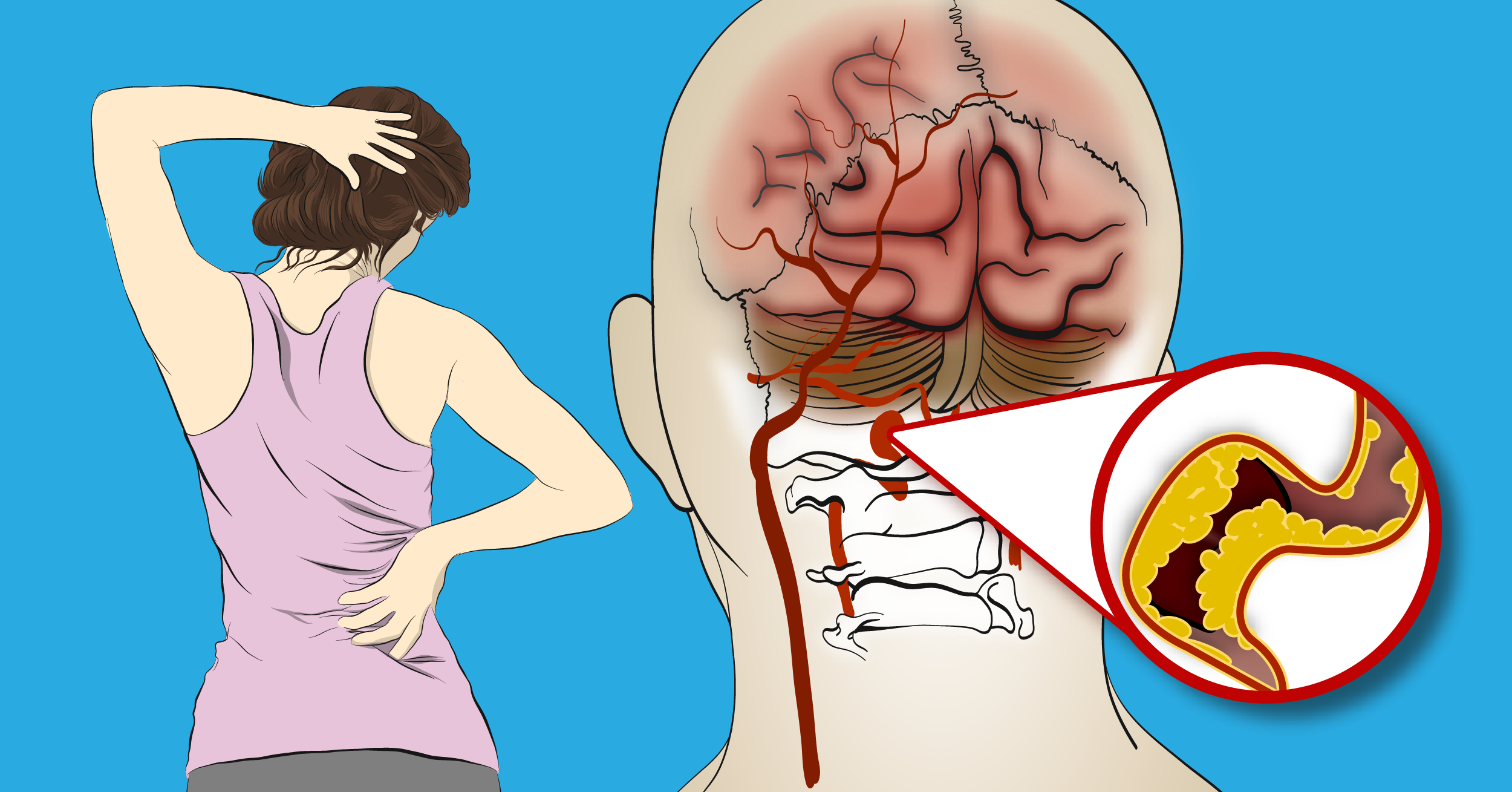
We often hear about people having strokes, but how many people actually know what it is? According to Stroke.org, a stroke is a "brain attack." When blood flow to part of your brain is cut off, your brain cells become deprived of oxygen and start to die off. The death of brain cells leads to loss of control over certain areas of the brain, such as memory and muscle control.
Strokes vary in severity, and it's all based on where the stroke occurs and how much damage it's caused. Someone could suffer a mild stroke and be left with temporary numbness of their arm or leg, while another person could suffer a large stroke and be left with permanent paralysis. More than 2/3 of stroke survivors are left with some type of permanent disability.
Strokes can be caused by a blocked artery or the bursting of a blood vessel, or could be caused be a temporary disruption of blood flow to their brain (transient ischemic attack, or TIA).
Signs and Symptoms
For both men and women, there are common symptoms that come along with a stroke:
- Numbness
- Confusion
- Trouble with vision
- Weakness and dizziness
- Headaches with no known causes
But did you know that 55,000 more woman than men suffer from a stroke each year? That's because there are other, unique symptoms in women that not many people know about. They are:
- Fainting
- Shortness of breath
- Changes in behavior
- Agitation
- Hallucination
- Nausea or vomiting
- Pain
- Seizures
- Hiccups
There are ways that women can prevent strokes, and most of them are fairly simple.
Stroke Risk Factors and Prevention
Identifying risk factors in your own life can help prevent a stroke in the future. These are some of the most common lifestyle risk factors for a stroke:
- Being overweight or obese
- Physical inactivity
- Heavy or binge drinking
- Drug Use
There are also medical risk factors for a stroke:
- Smoking, or exposure to secondhand smoke
- High blood pressure
- High cholesterol
- Diabetes
- Sleep apnea
Knowing the potential risks that can lead to stroke, there are some ways women can do their best to prevent it:
- Monitor your blood pressure when pregnant or starting birth control
- Get your cholesterol checked
- Maintain a healthy weight
- Exercise at least 20 minutes a day
- Report any changes in mood (depression can increase the risk of a stroke in women)
- Cook with more olive oil, as it has good health benefits for your heart
- Get a healthy amount of sleep
- Find effective ways to cope with stress
- DO NOT IGNORE THE WARNING SIGNS
If caught early, the damage a stroke does can be contained. Make sure you and your loved ones are aware of the risks of stroke, and know how to prevent one.
